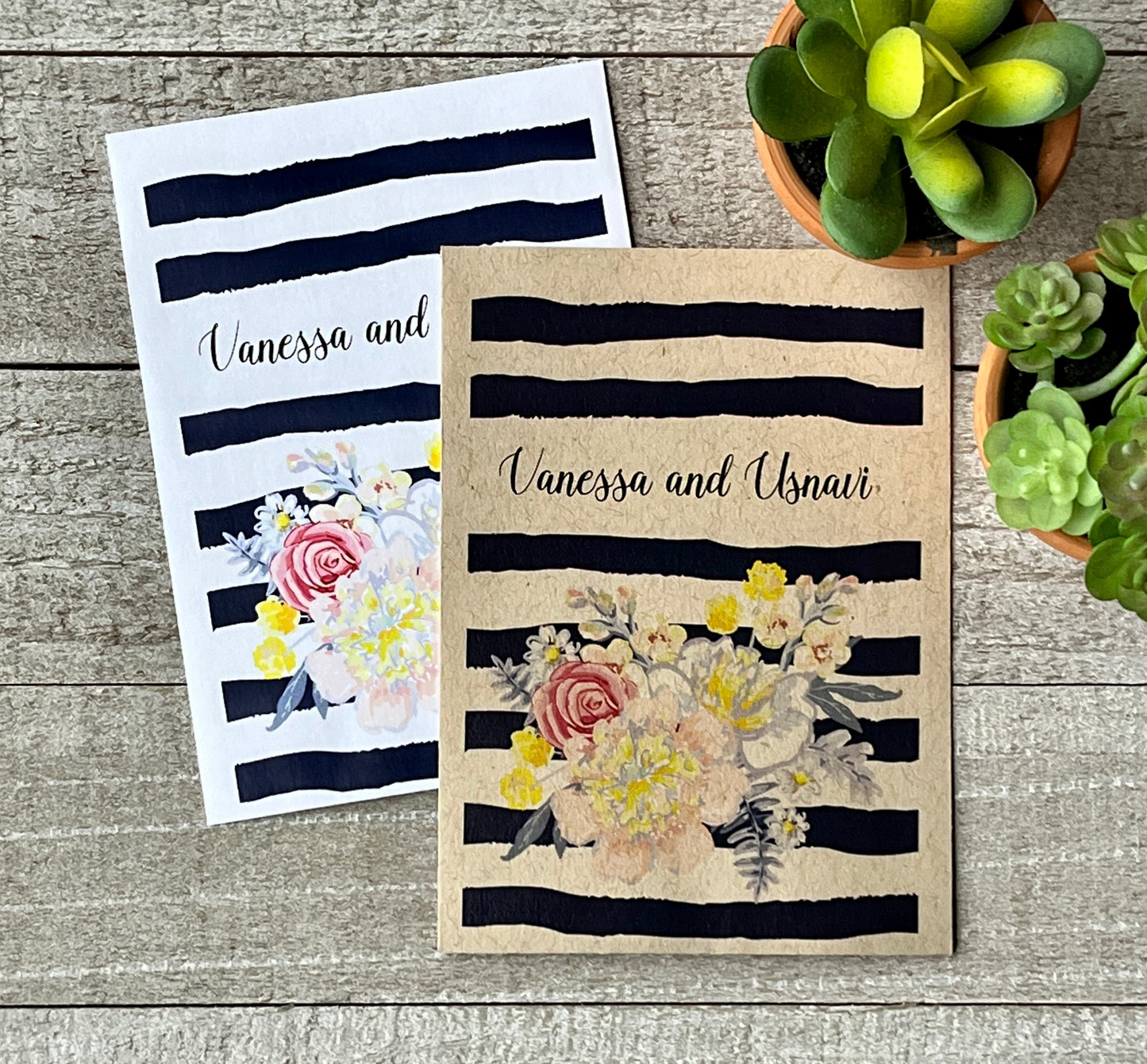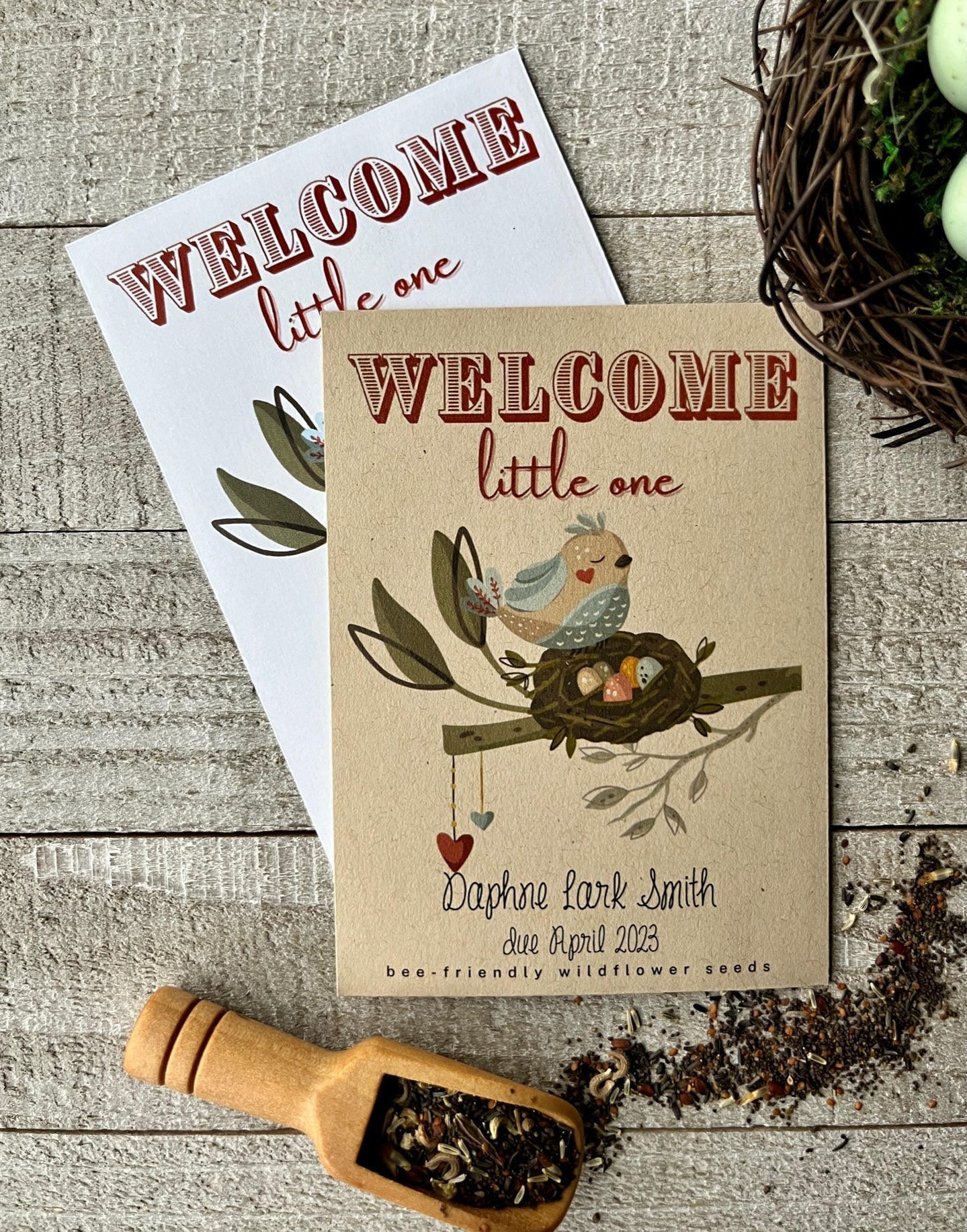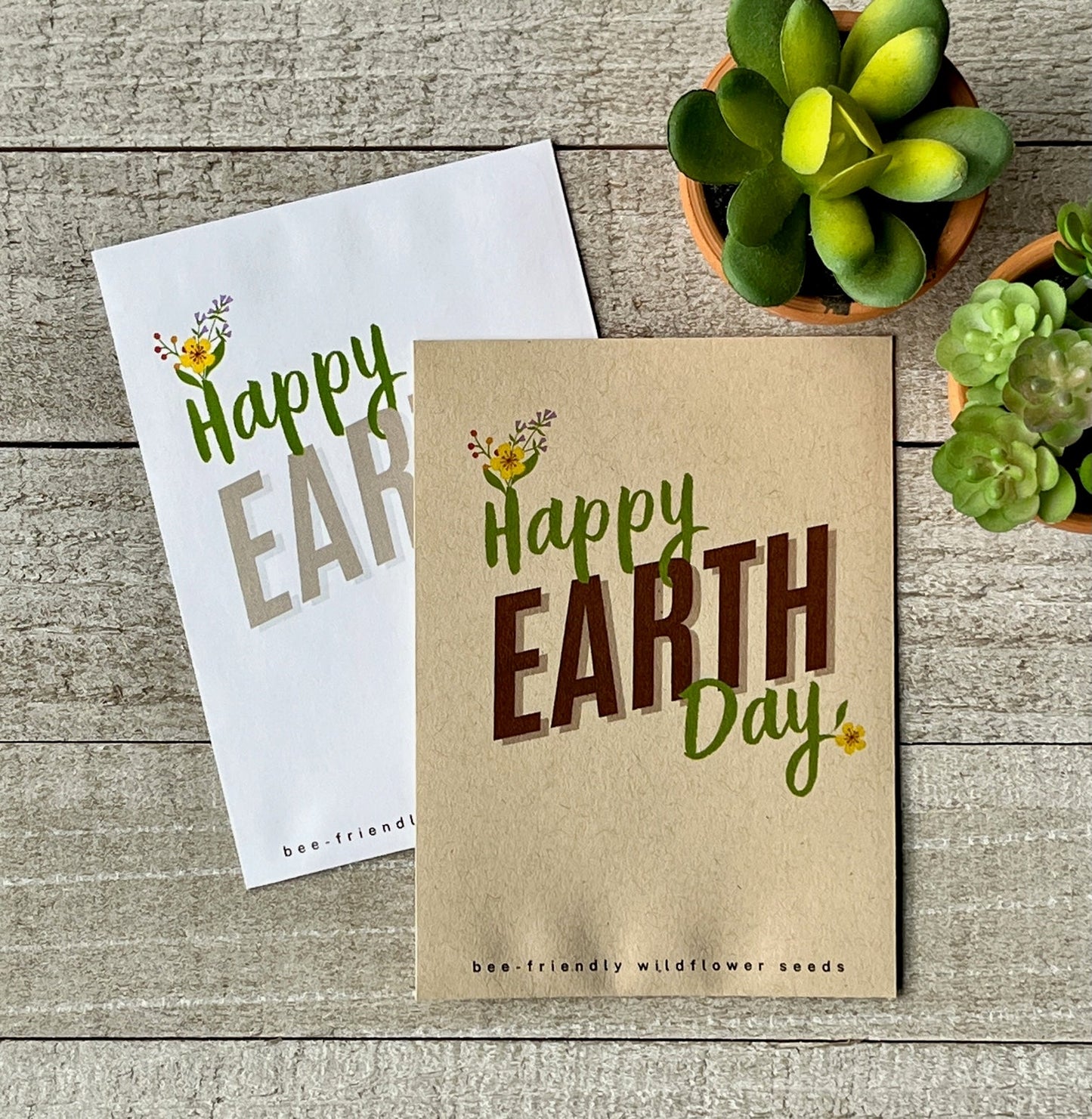Buy your weekday smoothies and get your weekend ones for free. (7 for the price of 5!)

Pollinators, such as bees, butterflies, and hummingbirds, play a crucial role in the ecosystem by helping plants to reproduce and produce fruits, nuts, and seeds. However, pollinators are facing many challenges, including habitat loss, disease, and pesticide exposure. Wildflowers play a crucial role in supporting pollinators by providing food and habitat. Here is a guide to the importance of wildflowers in supporting pollinators.
- Food Source: Wildflowers provide a food source for pollinators by producing nectar and pollen, which are essential sources of nutrition for these creatures.
- Habitat: Wildflowers also provide habitat for pollinators by offering shelter, nesting sites, and protection from predators.
- Diversity: Wildflowers offer a diverse range of plants that bloom at different times, providing a continuous source of food and habitat for pollinators throughout the growing season.
- Pesticide-Free: Unlike many commercial crops, wildflowers are not treated with pesticides, making them a safe haven for pollinators.
- Restoring Habitats: By planting wildflowers in your backyard or local park, you can help restore habitats for pollinators and support their populations.
- Supporting the Ecosystem: By supporting pollinators, you are also supporting the ecosystem, as pollinators play a crucial role in maintaining the balance of nature.
In conclusion, wildflowers play a crucial role in supporting pollinators by providing food, habitat, and a safe haven. By planting wildflowers in your backyard or local park, you can help restore habitats for pollinators and support their populations, while also supporting the ecosystem. So, consider the importance of wildflowers in supporting pollinators and start planting today!



































